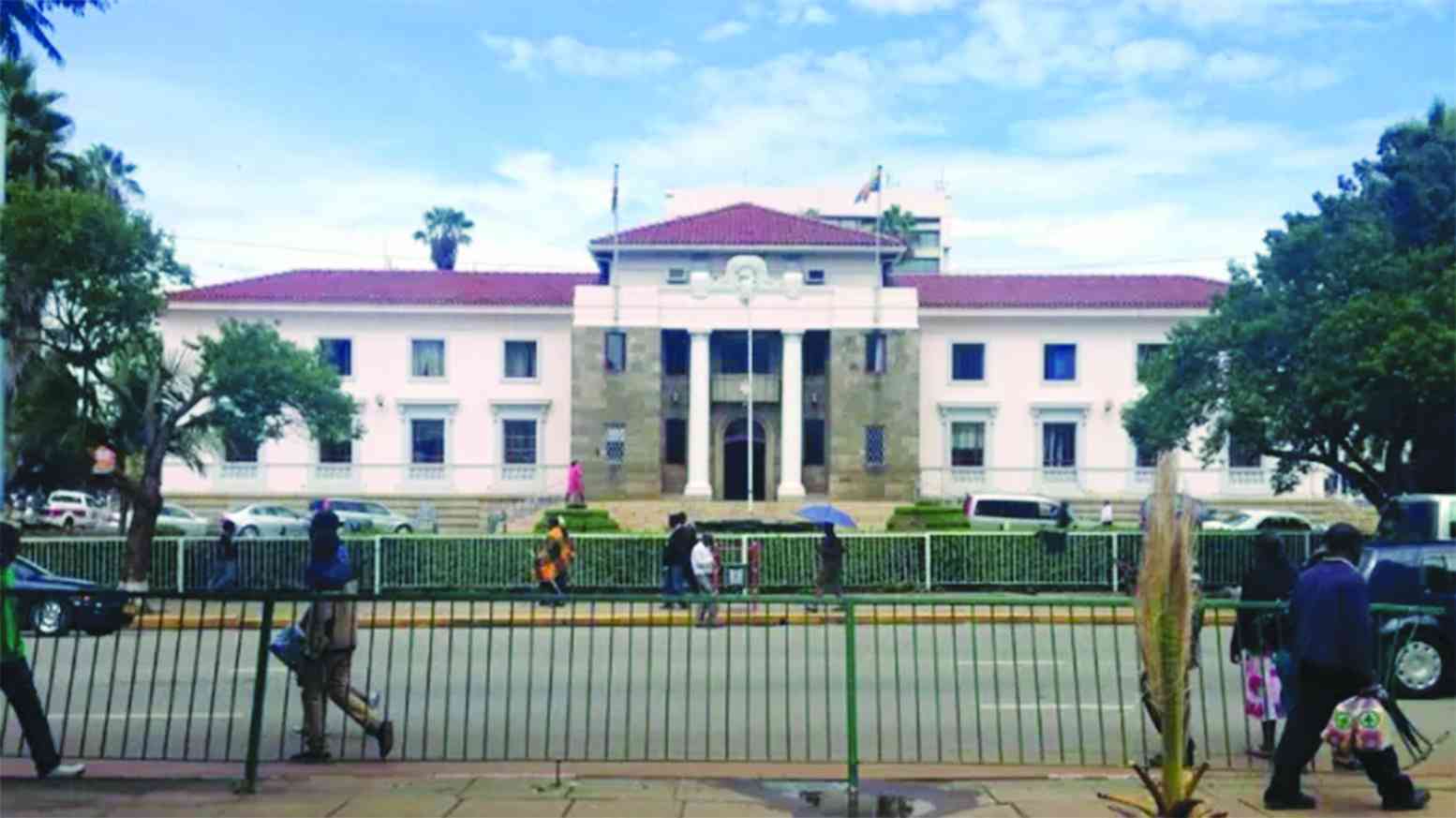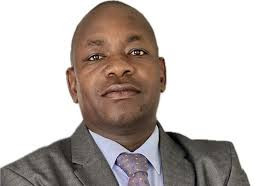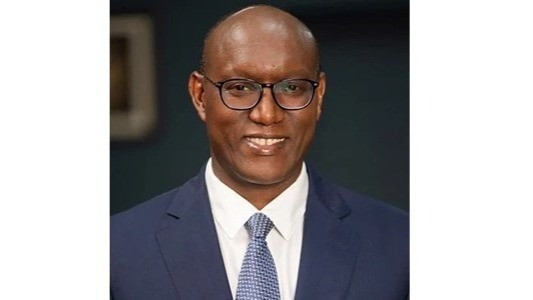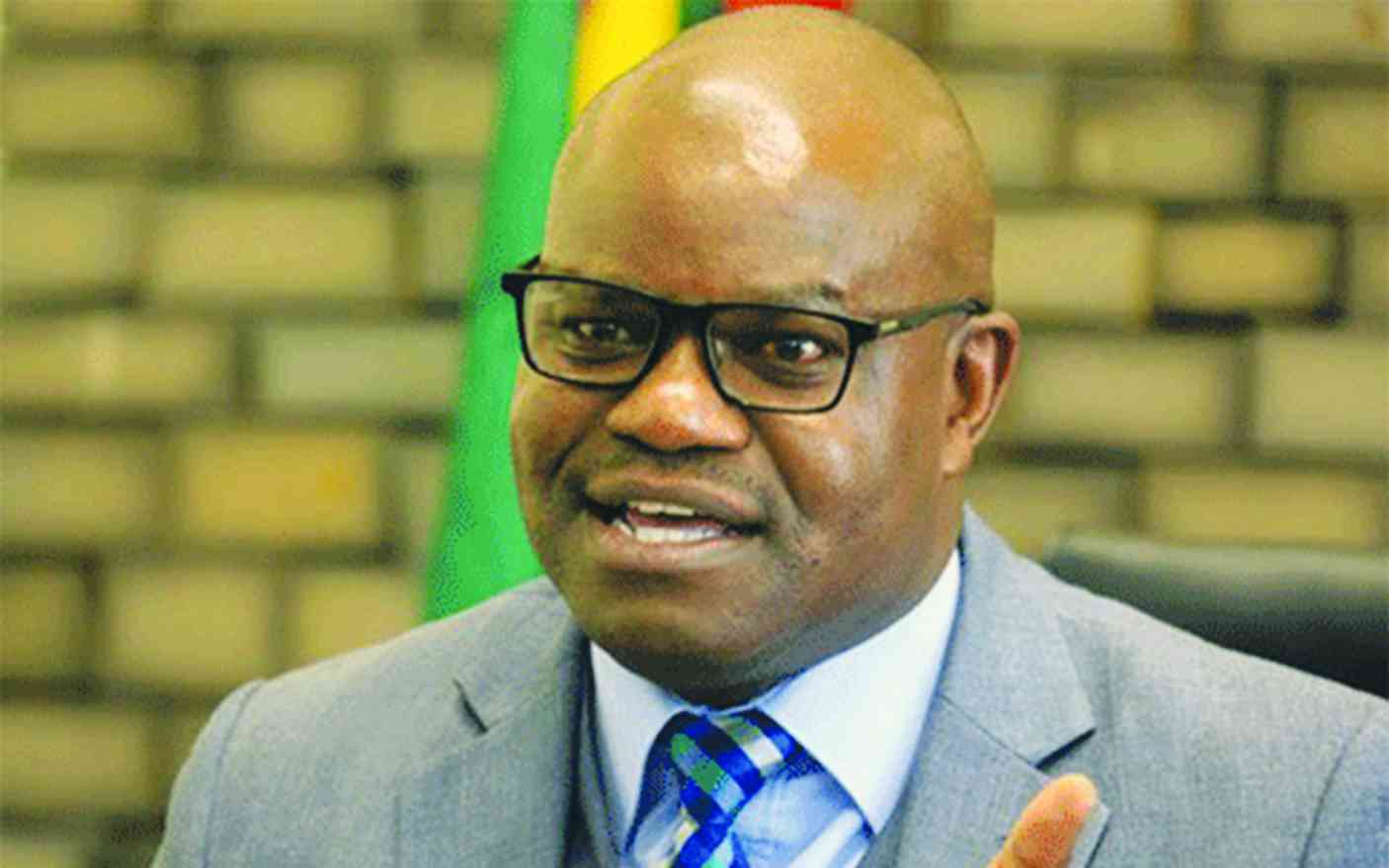
GOVERNMENT’S failure to release the findings of its Commission of Inquiry into the Harare City Council has re-ignited fears that authorities are once again sweeping major corruption scandals under the rug.
In May last year, President Emmerson Mnangagwa appointed a commission, chaired by Justice Maphios Cheda, to investigate the financial and administrative operations of Zimbabwe’s capital city.
The commission completed its work and submitted its report to the President in June this year.
Four months later, the findings have not been made public, fuelling suspicion that the report will suffer the same fate as the 2019 Justice Tendai Uchena Commission on Urban Land Corruption, which exposed massive fraud, but was never published.
Critics say the silence confirms a pattern of selective anti-corruption enforcement that protects political allies while punishing opponents.
“If the president takes no action, nothing legally or practically changes,” political commentator Reuben Mbofana said.
“The commission’s findings remain recommendations only, so corrupt officials continue in their positions with impunity. Taxpayers’ money is effectively wasted, and the cycle of unaccountability continues.”
He said commissions of inquiry often end up as symbolic exercises unless there is political will to enforce their recommendations.
- Harare cancels Pomona waste deal
- Devolution gains remain a mirage
- Harare cancels Pomona waste deal
- Pomona saga: Harare handed shock US$750k ‘garbage’ bill
Keep Reading
“The use of such commissions becomes largely symbolic; they may expose wrongdoing on paper, but without political will to enforce the recommendations, they cannot deliver justice or reform,” Mbofana said.
“The only way forward is sustained pressure from civil society, the media, and citizens to demand action; otherwise, these inquiries remain exercises in futility.”
Another analyst, Ricky Mukonza, said commissions of inquiry were often used more as political tools than as genuine accountability mechanisms.
“In the case of the Harare City Council, we may not see action being taken against the culprits. However, this will be used by the President and central government generally to further micromanage Harare City Council,” he said.
“The officials will continue to be used to control that space to the advantage of the President and Zanu PF.”
The latest report comes against a backdrop of frustration among residents and advocacy groups, who accuse government of repeatedly commissioning costly inquiries that never translate into justice or reform.
The 2019 Uchena Commission unearthed large-scale abuse of state land worth an estimated US$3 billion, implicating senior Zanu PF officials, war veterans and politically-connected developers.
Despite the magnitude of the findings, no prosecutions followed.
Analyst Gideon Chitanga said the Harare commission appears to be following the same trajectory.
“The Harare commission case is a classical reflection of government’s attitude and tactics in politicising the management of the Zimbabwean state, but also the selective responses to corruption,” Chitanga said.
“Here is a leader whose rhetoric has been consistent in terms of fighting corruption, but he is sitting on top of extreme rot within the state and other governance structures.
“So, this case is just a good example of a president who wastes public money on meaningless commissions, without really allowing the relevant institutions to hold public officials accountable, and those who would be found to have violated the law to be prosecuted.”
He warned that the lack of follow-through has normalised corruption across society.
“And because of these things, the people who are involved in corruption continue to behave in corrupt ways and enrich themselves at the expense of their ordinary citizens,” Chitanga said.
“But also those who are not corrupt start to think and behave in the same way, because corruption and self-enrichment are normalised as noble means for self-enrichment.
“In normal societies, corruption would be deemed illegal, unacceptable and immoral.”











